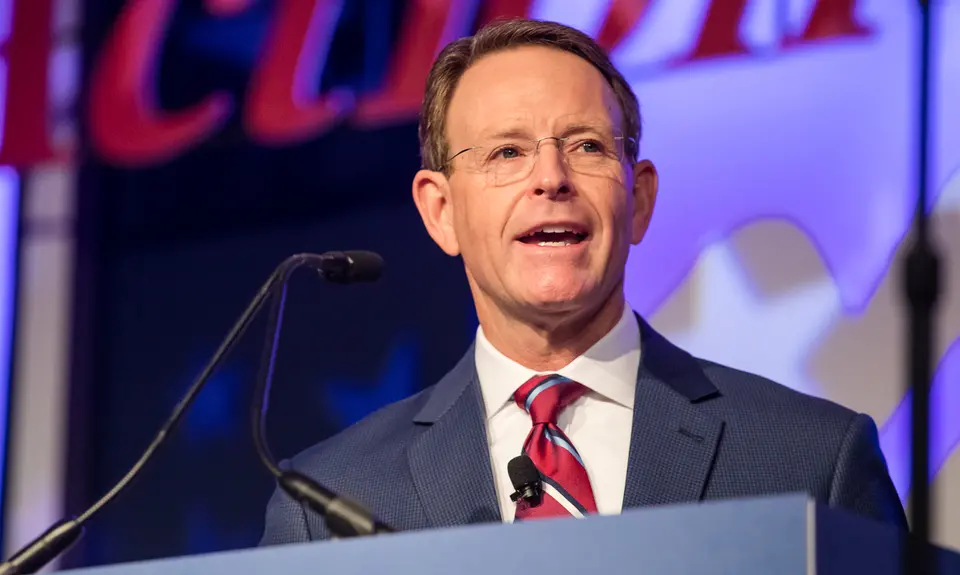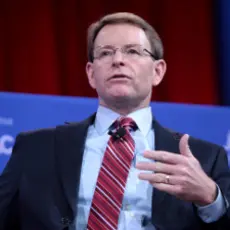Voters handed Republicans a major defeat in congressional elections in November, giving Democrats in the House a net gain of 40 seats and a clear majority. So right-wing activists are trying to get their Christmas wish-list pushed through the lame-duck Congress before the end of the year. FRC’s Tony Perkins is cheering Texas Rep. Kevin Brady, who chairs the Ways and Means Committee, for packing the Republican tax bill with goodies for the Religious Right.
From Perkins’ Washington Update newsletter on Wednesday:
If you want to win over a chamber full of conservatives, tell them you'll repeal the Johnson Amendment! That's what GOP leaders did Monday with their major overhaul of the tax proposal. After the lukewarm response to Brady's first draft, leaders went back to the drawing board and made the bill one of the most conservative measures of the year.
For starters, conservatives decided to tack on the Free Speech Fairness Act, which is the legislation that would finally topple the Johnson Amendment and give churches the right to speak freely on the moral issues of the day -- without fear of IRS backlash. That would be a huge victory for President Trump, whose first promise to evangelicals on the campaign trail was that he would "get rid of the Johnson Amendment."
Then, to sweeten the deal, Brady tried to meet one of pro-lifers' goals: recognizing unborn children in the tax code for the first time in U.S. history. Some of you might remember this debate from last year, when Republicans finally managed to pass the first round of tax cuts. As part of that bill, conservatives tried to change the language on 529 education savings accounts (ESAs) so that parents, grandparents, or other relatives with a baby on the way could start saving for that child's education right away. The language never made it past the Senate, but the House is hopeful that on a bill like this one, it might.
Perkins also cheered that Brady’s bill would reverse a provision of the Republicans’ 2017 tax bill that taxes nonprofits over some benefits like free parking and transportation. “That's a major sea change in IRS policy,” according to Perkins, “which, throughout history, has never asked religious groups like churches to file taxes.”







